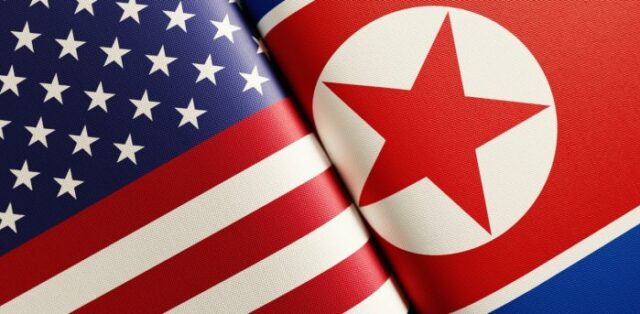Since North Korea’s creation, the country has had troubled relations with the United States. The North Korean nuclear issue and the U.S. frictions over how to deal with North Korea compound these tensions. North Korea’s nuclear agenda is the result of a long-term process of pursuing Korean nationalism and reuniting the nation. While Pyongyang’s brinkmanship approach is a nuanced effort to deal with a threatening environment and deter the United States, the U.S. policy can cope with these circumstances by working more creatively with South Korea and developing American understanding of North Korea via an expanded North Korea–U.S. dialogue.
North Korea continued developing its nuclear and ballistic missile programmes during the first half of 2021 in violation of the UN sanctions and despite the country’s worsening economic situation. The United States is pushing the UN Security Council to impose more sanctions on North Korea after Pyongyang carried out a series of missile tests in defiance of United Nations resolutions in the past few months. Washington has blacklisted six North Koreans, a Russian, and a Russian firm and are accusing them of procuring goods for the missile programmes from Russia and China. According to the US Treasury Department, it was imposing penalties on the five officials over their roles in obtaining equipment and technology for the North’s missile programs. One of the five North Koreans targeted by Treasury is based in Russia, while the other four are based in China. All are accused of providing money, goods or services to North Korea’s Second Academy of Natural Sciences who are coordinating with the country’s defence military program. The US ambassador to the UN, Linda Thomas-Greenfield gave a statement stating, “The US is proposing UN sanctions following North Korea’s six ballistic missile launches since September 2021, each of which violated UN Security Council resolutions.”









